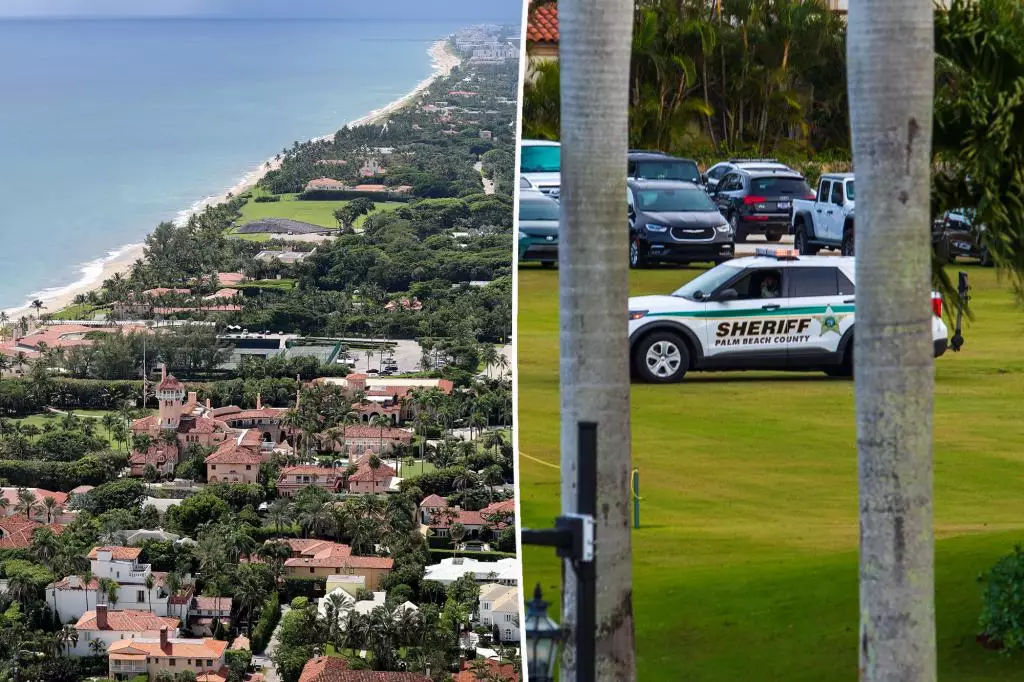The allure of Palm Beach, Florida, a haven for the affluent including the likes of President Donald Trump, has surfaced as an attractive spot for high-value real estate transactions. However, this surge in luxury market activity has not come without its complications. Local insiders have raised alarms regarding an uptrend in crime, suggesting that the region’s newfound fame may also be attracting unsavory characters.
As more individuals flock to the area for its exclusivity, local law enforcement agencies are grappling with a corresponding rise in criminal activities. Reports indicate that the local police force has been proactively disseminating quiet warnings to residents, advising them to adopt enhanced security measures. These communications underscore the necessity of locking doors and vehicles and refraining from leaving valuables in plain sight.
Traditionally, residents of Palm Beach have enjoyed a lifestyle marked by a certain level of carefree living, which included leaving their doors unlocked and their belongings unsecured. This mindset is now being challenged by rising insecurity. One insider pointed out that the influx of attention on Palm Beach, fueled by its association with high-profile individuals, has unwittingly turned it into a target for opportunistic criminals. As fears mount among the well-heeled residents, many now feel compelled to elevate their home and personal security measures.
The residents’ anxiety has led to an increased reliance on private security. Following some alarming incidents, including the shooting involving a prominent CEO, it has been reported that security firms from major cities like New York and California are being enlisted to bolster the defenses in the area, highlighting the intensity of the concerns surrounding public safety.
Given the prominence of certain establishments such as Trump’s Mar-a-Lago, security protocols have reached new heights. The standards there could rival those of governmental facilities, with multiple layers of check-points and thorough inspections including bomb-sniffing dogs and car assessments. Traffic approaching the club has also been severely impacted, with significant delays being reported due to increased security measures.
As this luxury enclave faces the dual threats of crime and the pressures of public attention, it raises questions about overall safety protocols in affluent areas that were once perceived as impenetrable fortresses of wealth. The Secret Service’s incorporation of advanced security technologies, such as robotic patrols, exemplifies the seriousness with which these threats are treated. It signals a sobering recognition that security risks are evolving, necessitating adaptive and comprehensive strategies to combat them.
The local authorities remain tight-lipped about the situation; however, the increasing reliance on enhanced protection indicates that residents might need to embrace a new reality—a life where luxury living comes with a need for vigilance. As Palm Beach continues to thrive amid prosperity, its inhabitants must navigate the complexities that arise from both their wealth and the societal changes it invites.

